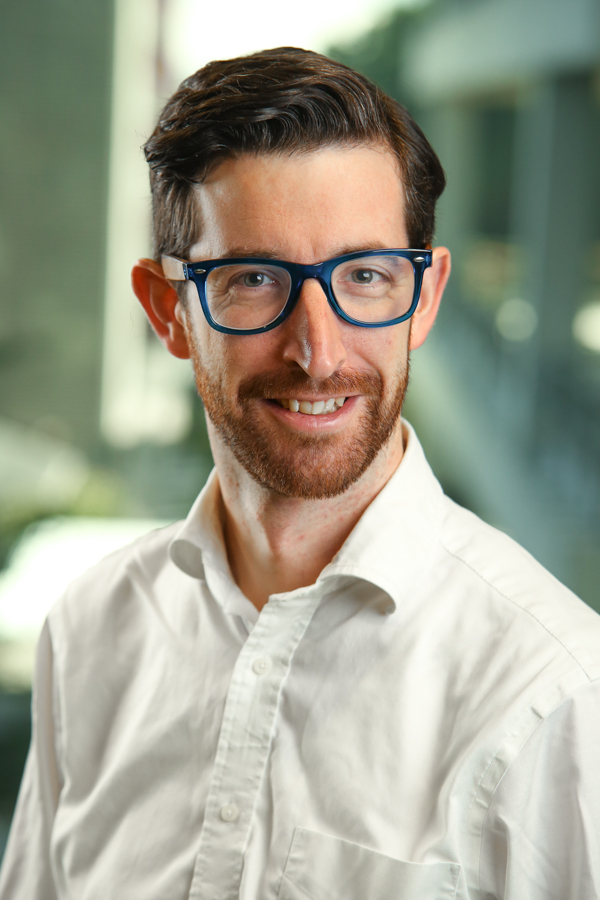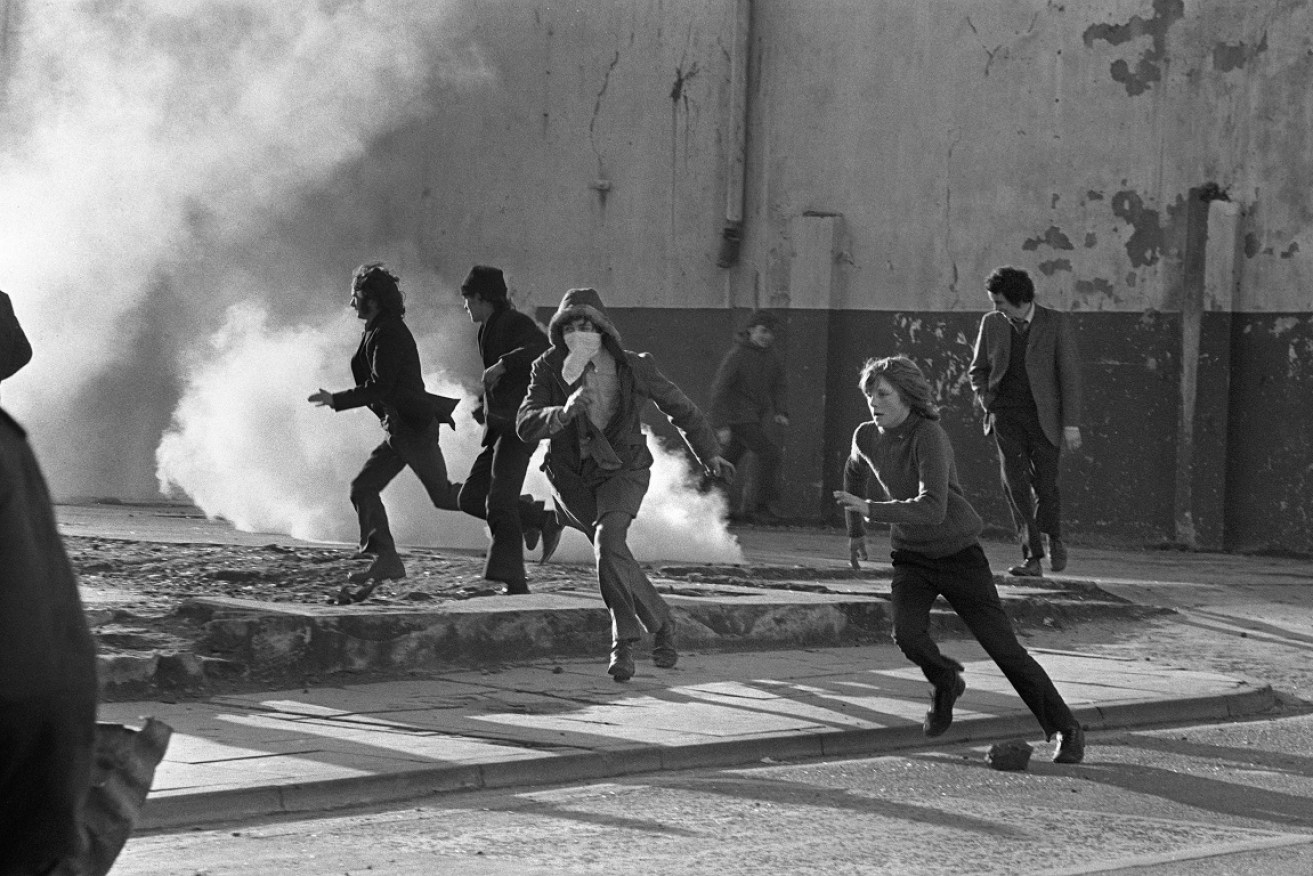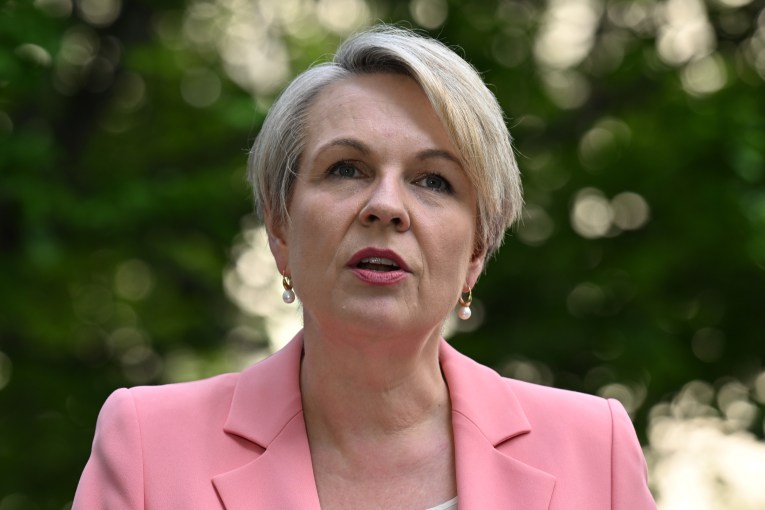Why tougher terror laws won’t stop ‘lone idiots’


Don’t be alarmed, but you must be warned: the idiots are in charge.
Terrorists and other lone actors have forced our governments into legislating to look tough – a reactionary strategy that will not deter them from harming people or attempting to damage our social fabric.
With Australia still reeling from the deadly Sydney siege, NSW Police have this week arrested two young men suspected of preparing to harm or kill members of the public in a way “consistent with Islamic State” messaging.
Cue the usual government response to terrorist threats – the passage of more draconian laws.
That would be a mistake.
• Has Andrew Bolt fallen into the extremists’ trap?
• Martin Place: A ‘new wave’ of terror
• ISIL recruiting more Australians
Already, the Abbott government is seeking to steer the third tranche of its national security laws through the Federal Parliament. Further legislative reform is likely to be proposed following the ongoing inquiries into the Martin Place siege.
As the horrific events at Martin Place unfolded Australians responded with the now famous I’ll Ride With You campaign. It demonstrated a generosity of spirit and social cohesion – maybe even mateship.
But there was another, less heralded, but no less significant reaction.
While experts discussed the risk of self-radicalisation and the rising threat of “lone wolf” terrorists on rolling news, wags on social media were branding Man Haron Monis a “lone dickhead”. This uniquely Australian reaction cries out for a distinctively imaginative – and more effective – response.
The phrase “lone dickhead” poked fun at the gunman. It undermined his credibility and denied him the power of the title “terrorist”. It also, perhaps inadvertently, demonstrated that the public understands that terrorists are not one-dimensional.
I bet ISIS are embarrassed by Man Haron Monis. Not really a terrorist more of a dickhead.
— ⓇⒾⒸⒽⒽⒶⓃⒸⓄⓍ (@richhancox) December 15, 2014
Terrorists can be criminals, and mentally ill. They can be religiously or politically inspired. They can be highly educated. They can be white supremacists or refugees. They can be all or perhaps none of those things. They can be dickheads.
Grasping that reality empowers us to act differently – to avoid the path of legislating just to look tough.
Since September 11, 2001, Australia has enacted over 60 counter-terror laws. Although counter-intuitive, repealing some of these draconian laws would empower the state.
How? Well, much of Australia’s anti-terror apparatus targets plots and organisations. These laws are simply not useful if the threat faced is that of a self-radicalised lone actor. Moreover, many of these laws are just too severe to actually be used.
Instead of garnering more laws that the security services balk at using we should develop tailored responses to the actual problem.

Australian legislators can learn from the UK experience with terrorism in Northern Island. Photo: Getty
Research shows that lone wolves are different from other terrorist actors. For example, researchers had previously noted that the mental health of terrorists was “surprisingly normal”. By contrast, lone actors are more likely to suffer from some form of personality disorder.
That suggests that mental health professionals have a role to play – but not all terrorists have mental health problems. This requires more than a just a healthcare response.
Prof John Horgan of the University of Massachusetts has referred to the need to assess an individual’s “arc of involvement, engagement and disengagement” with terrorism. Mental health professionals, religious and community leaders, probation and education services and the police could all play a role in such a process.
The UK has had some success with de-radicalisation programs in Northern Ireland but their “Prevent” strategy has been more problematic. Prevent was aimed at stopping radicalisation, but it was often resented and was accused of creating “suspect communities”.
• The Islamic State’s guide to womanhood
• Gunman storms Dutch national broadcaster
UK experience demonstrates the difficulties; but contextualising the problem, whilst being mindful of the risk of stigmatising whole sections of society, presents a greater prospect for success than adopting harsh laws that rarely get used.
The stark reality is that we can’t secure against every threat: from the bikie; the criminal; the mentally ill; the terrorist; the “other”. But with the right mix of policy responses – through effective policing, intelligence, healthcare, community engagement and more – we can limit the number and the impact of such incidents.
In December Australians demonstrated their resilience as a community. We should acknowledge that there will always be a few dickheads, but we must not let them set the agenda for our democracy.
Dr Fergal Davis is a senior lecturer in law and member of the Gilbert and Tobin Centre of Public Law at UNSW, Sydney. He has over 10 years’ experience lecturing on parliaments, human rights, law and terrorism in Australia, Ireland and the UK and his research has been published internationally. He tweets about law and politics @fergal_davis.








